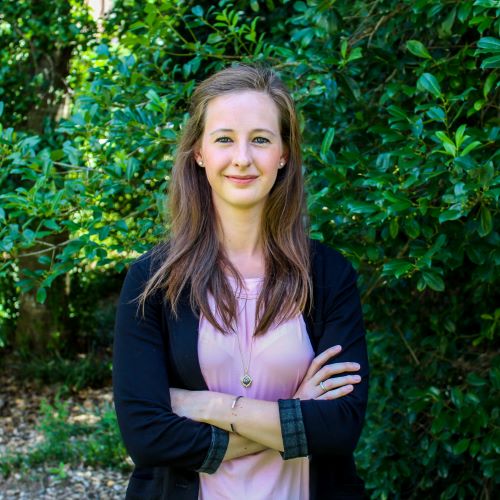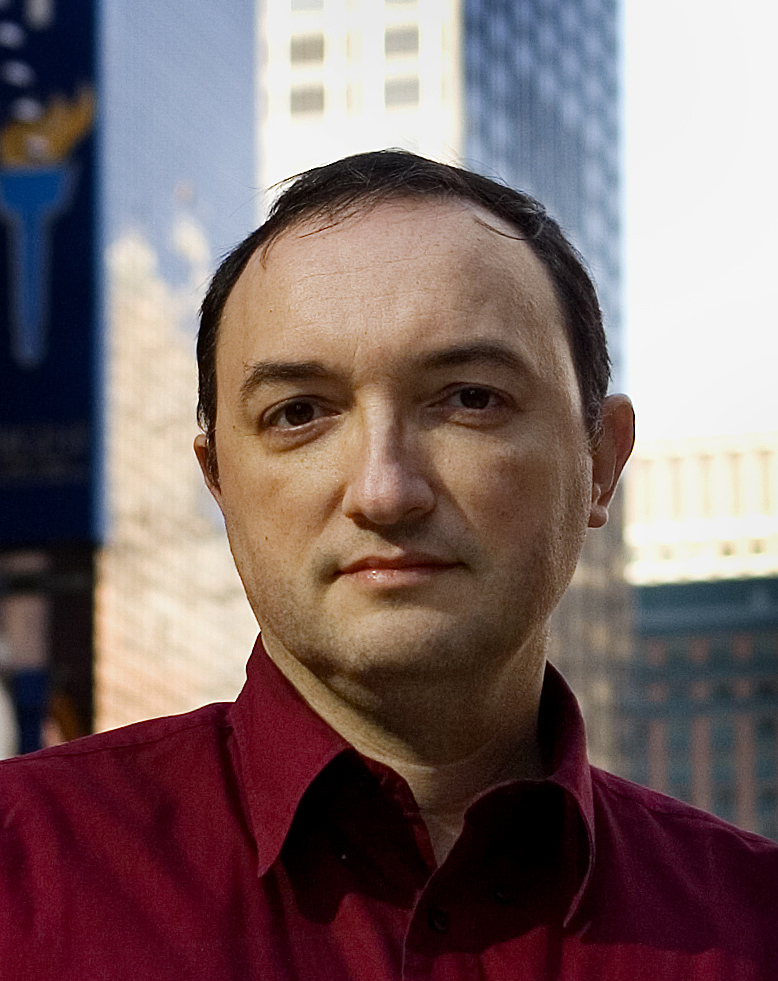


This keynote will discuss how software engineers can effectively use bots, including how bots can and could continue to increase productivity and how bots could improve remote work.
As the workforce has dramatically shifted in the last year, the use of bots and how we think about them should follow suit.
I will cover recent literature, including my previous work on chatbots, and discuss future next steps for the research community.
About the speaker: Paige Rodeghero is an Assistant Professor of Computer Science at Clemson University. She obtained her Ph.D. in Computer Science and Engineering from the University of Notre Dame under the direction of Collin McMillan.
Her main research interest is in software engineering, focused on productivity, remote work, onboarding, source code comprehension, computer science education, and software engineering for autism.
In 2020, she was a visiting researcher at Microsoft Research. She has won multiple best paper awards, including two ACM SIGSOFT Distinguished Paper Awards.
Previously to her research career, she worked in the industry as a lead software engineer for a startup company and as a software engineer at multiple medium-sized companies.

I will review findings from our recent studies regarding design guidelines for chatbots and about work practices of professional developers and curators.
Most of the results were obtained in the context of customer service chatbots, but I will discuss which ones may be valid for other domains,
such as entertainment bots and professional conversational assistants.
I will also discuss bot development as a highly collaborative practice which tends to be poorly supported by the current tools and platforms.
Based on some concrete case studies, I will make suggestions on how to better support developers and curators.
About the speaker: Claudio Pinhanez is a scientist, innovator, and professor. He has been with IBM Research since 1999, and today leads research in Conversational Intelligence in the laboratory of IBM Research in Brazil.
He is an expert in artificial intelligence, human-machine interaction, conversational systems, and service science. He has more than 120 papers published in journals and scientific conferences, and more than 20 patents issued in the USA, Europe, and Japan.
Bots (short for software robots) are software applications that perform often repetitive or simple tasks. In particular, social and chat bots interacting with humans are a recent research topic. Similarly, bots can be used to automate many tasks that are performed by software practitioners and teams in their day-to-day work. Recent work argue that bots can save developers' time and significantly increase productivity. Therefore, the goal of this one-day workshop is to bring together software engineering researchers and practitioners to discuss the opportunities and challenges of bots in software engineering. We solicit 4 page, research, experience report and position papers. Research papers are expected to describe new research results and make contributions to the body knowledge in the area. Experience reports are expected to describe experiences with (amongst other things) the development, deployment, and maintenance of bot-based systems in the software engineering domain. Position papers are expected to discuss controversial issues in the field, or describe interesting or thought provoking ideas that are not yet fully developed. Papers will be reviewed by at least three program committee members. Accepted research and experience report papers will be invited to give a talk to present their findings. Authors of accepted position papers will be invited to give a short lightning talk. Papers may address issues along the general themes, including but not limited, to the following topics:
Submission must not exceed 4 pages, including all text, figures, tables, and appendices; one additional page containing only references is permitted. Submissions must conform to the IEEE Conference Proceedings Formatting Guidelines (title in 24pt font and full text in 10pt type,
LaTeX users must use \documentclass[10pt,conference]{IEEEtran} without including the compsoc or compsocconf option).
The submission must also comply with the ACM plagiarism policy and procedures. In particular, submissions must not have been published elsewhere and must not be under review elsewhere. The submission must also comply with the IEEE Policy on Authorship.
Submissions to the workshop can be made via easychair by the submission deadline.
If a submission is accepted, at least one author of the paper is required to attend the workshop and present the paper in person. All accepted workshop papers will be published in the proceedings by IEEE CS.